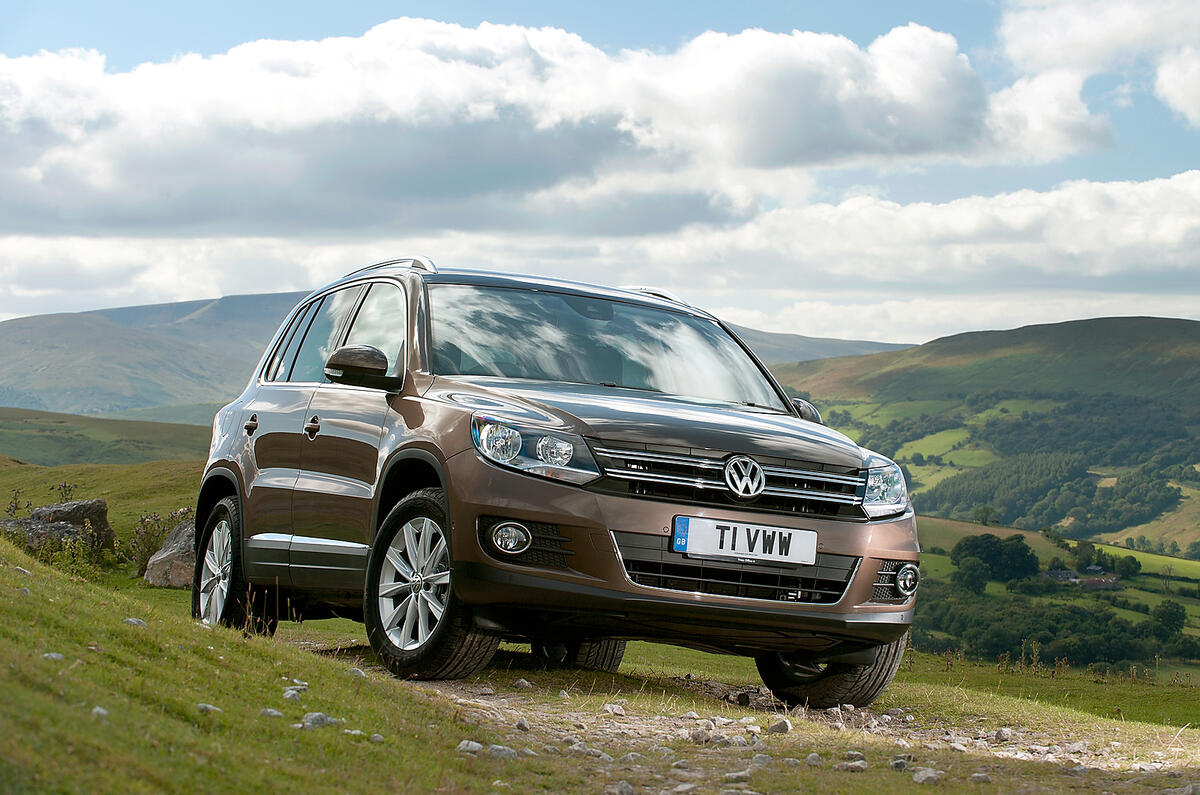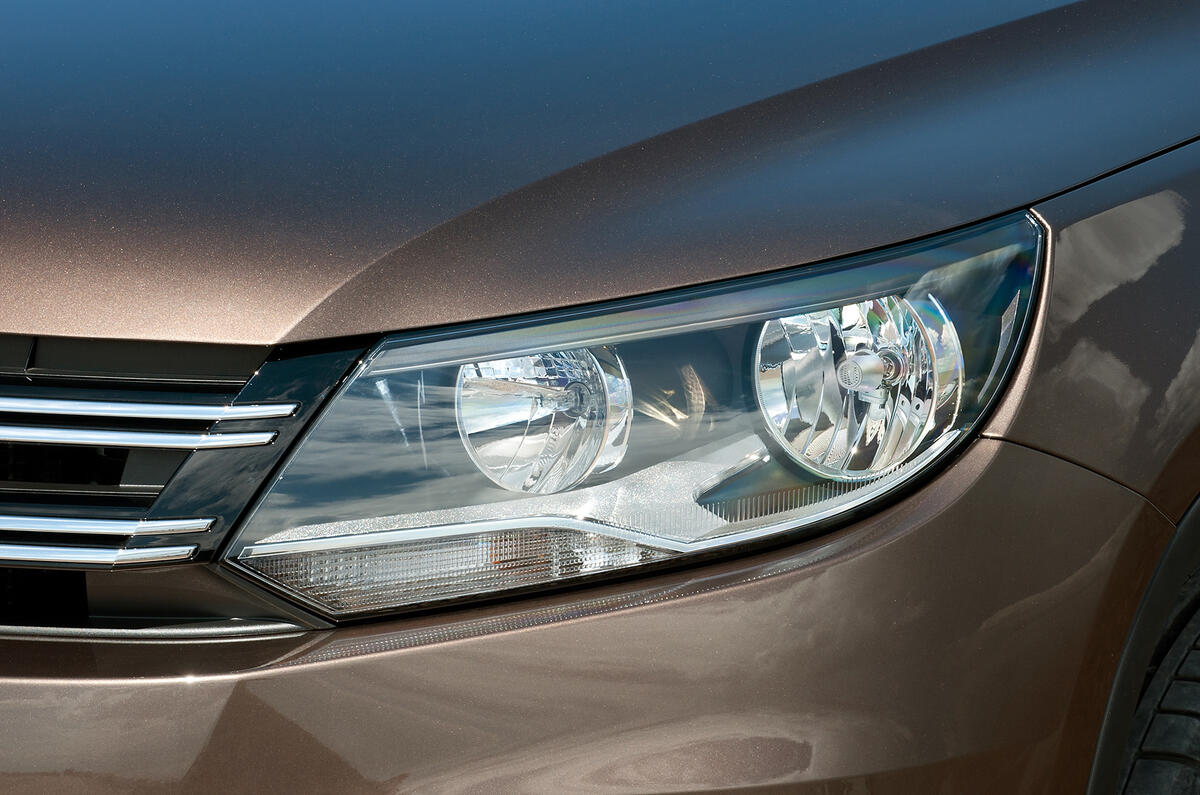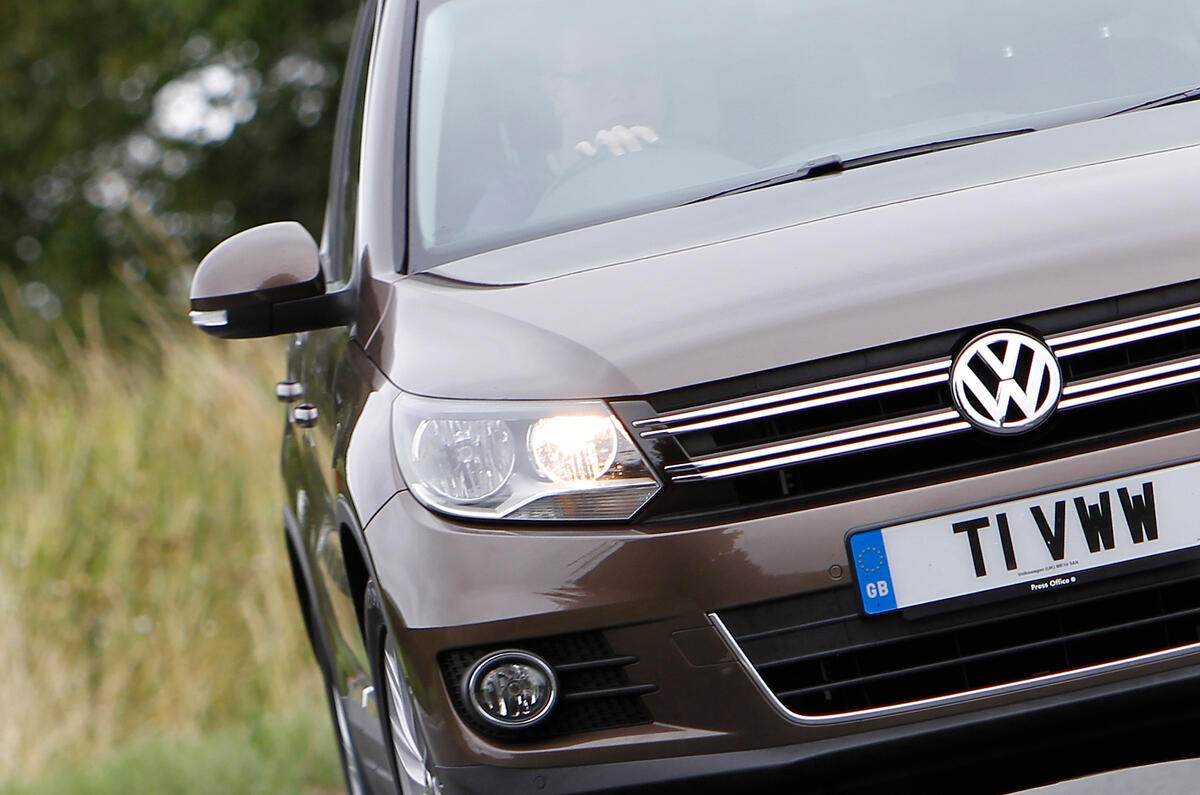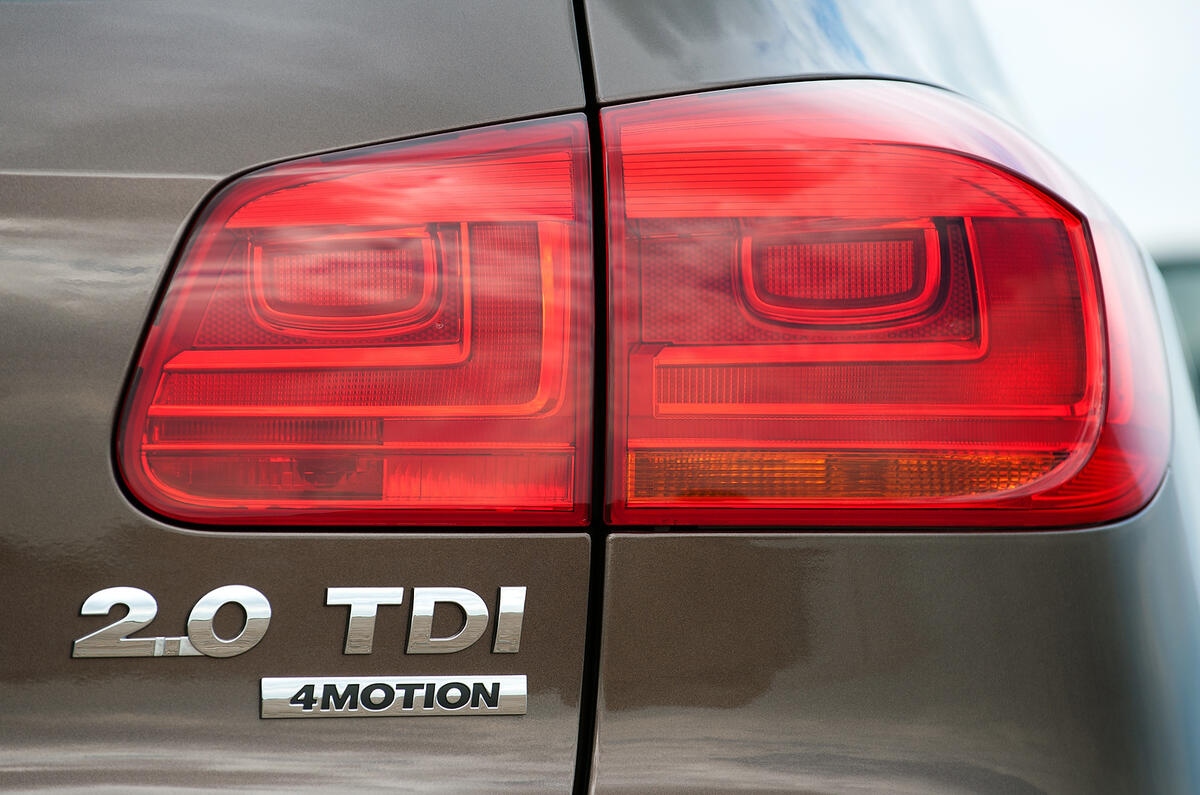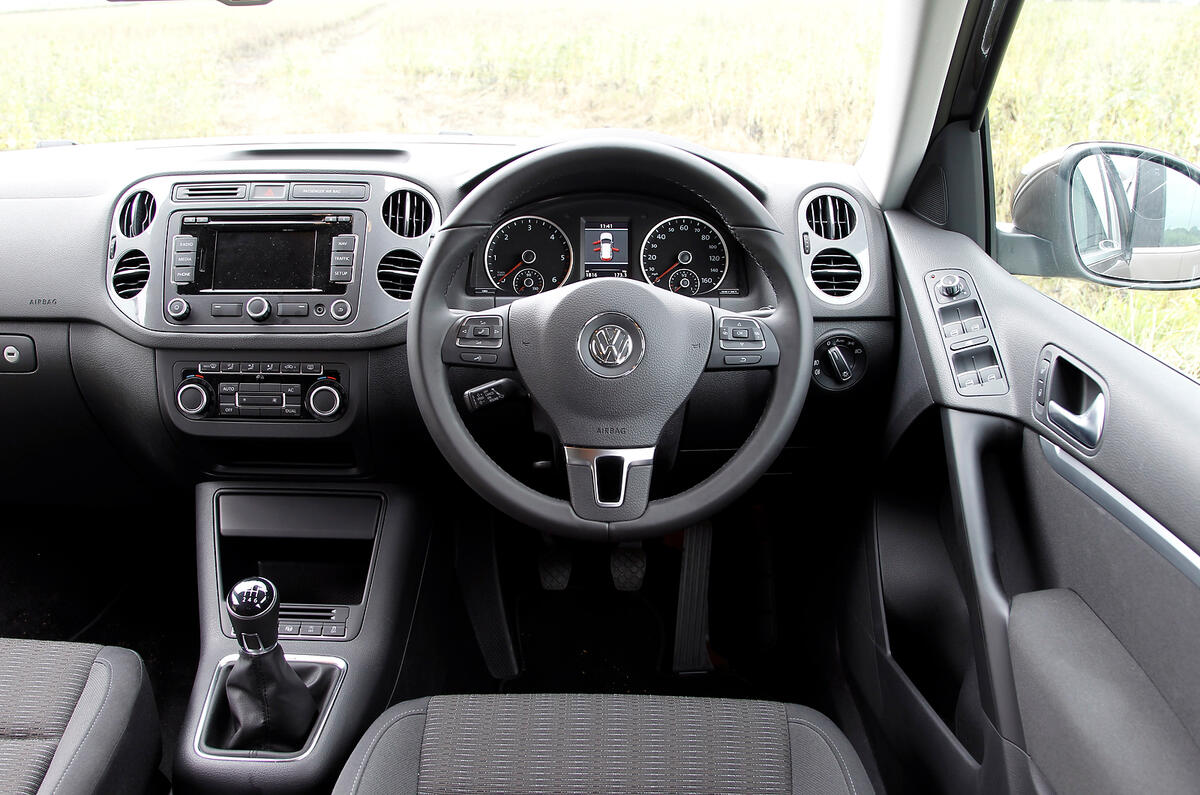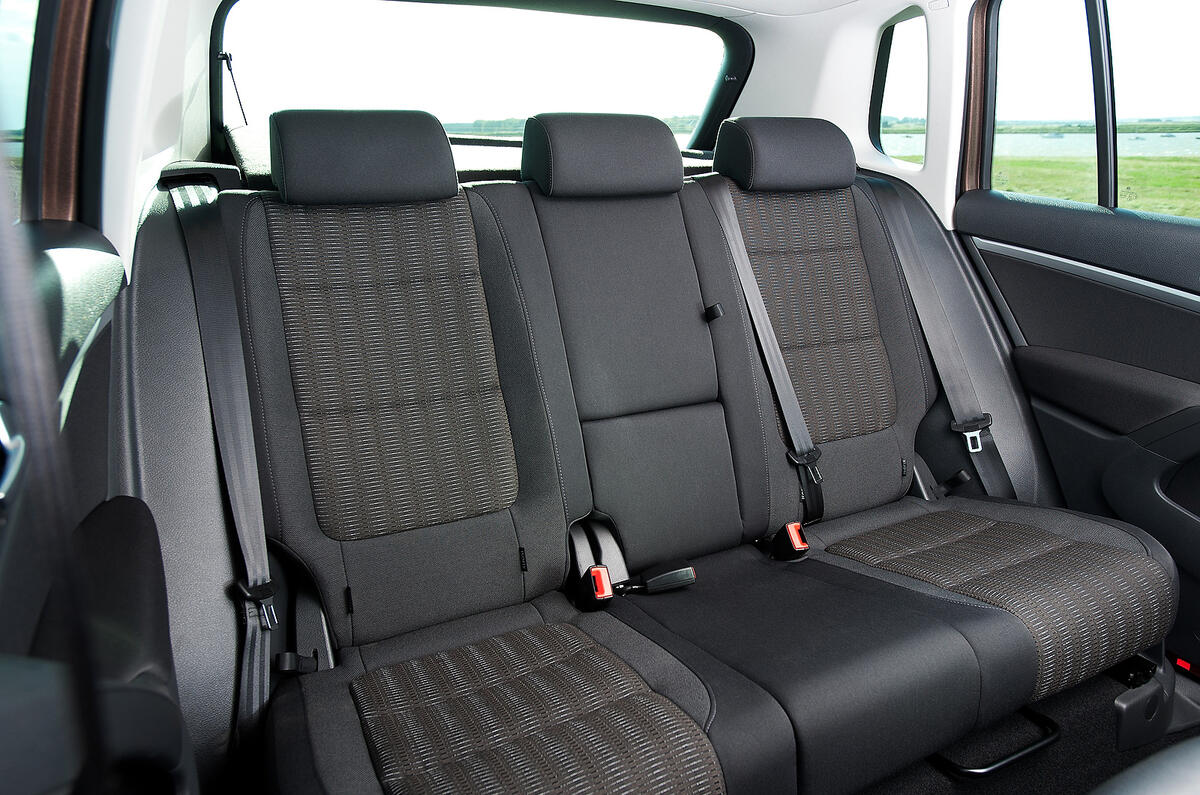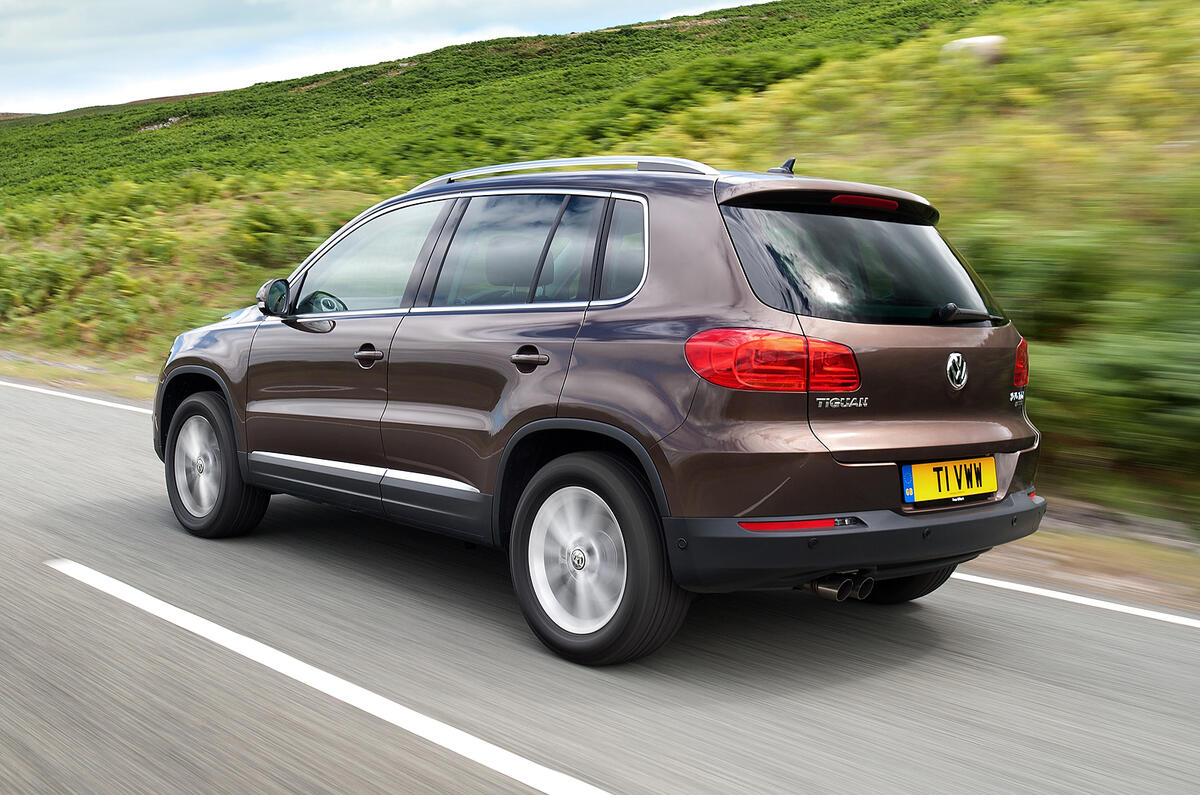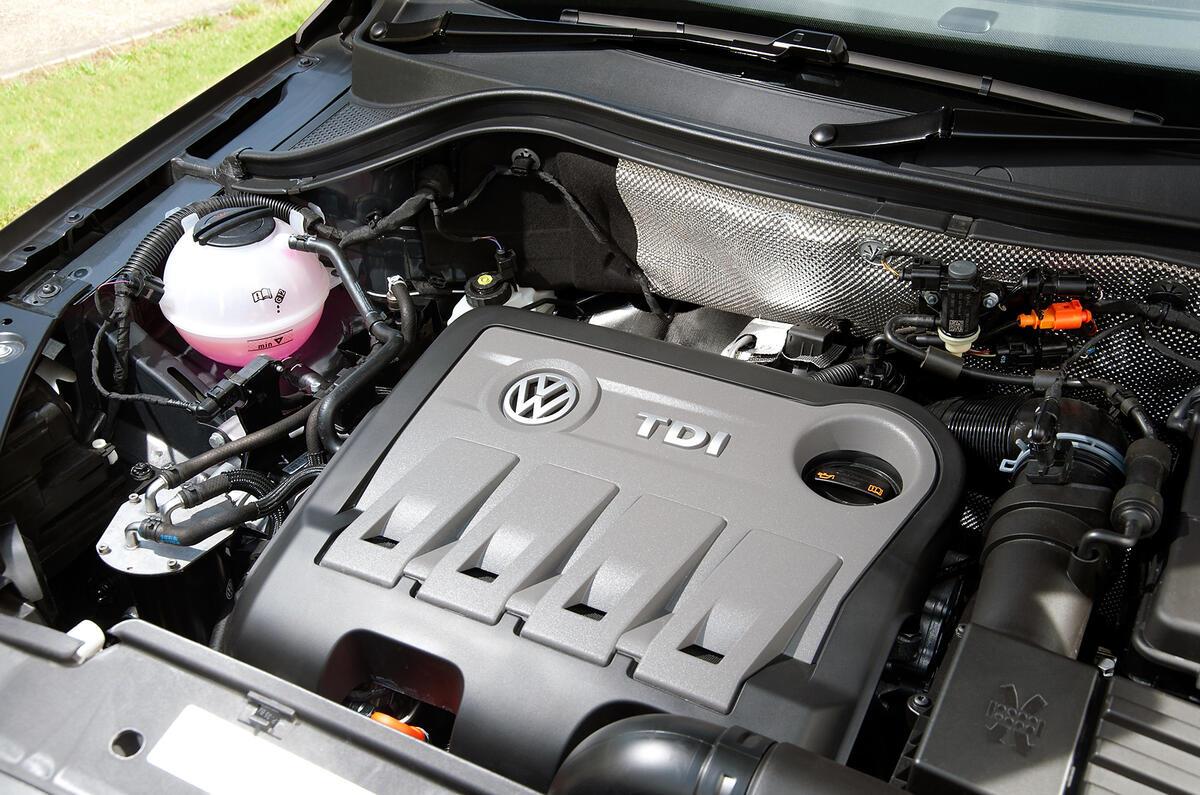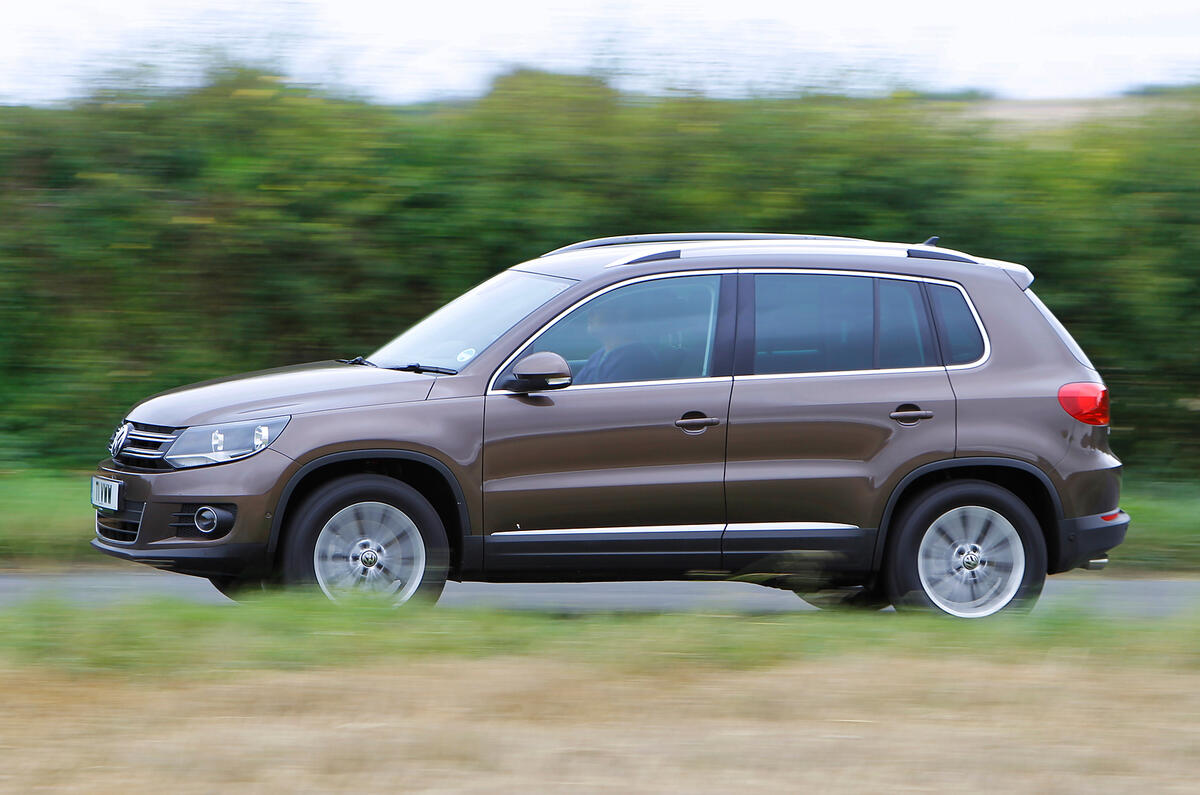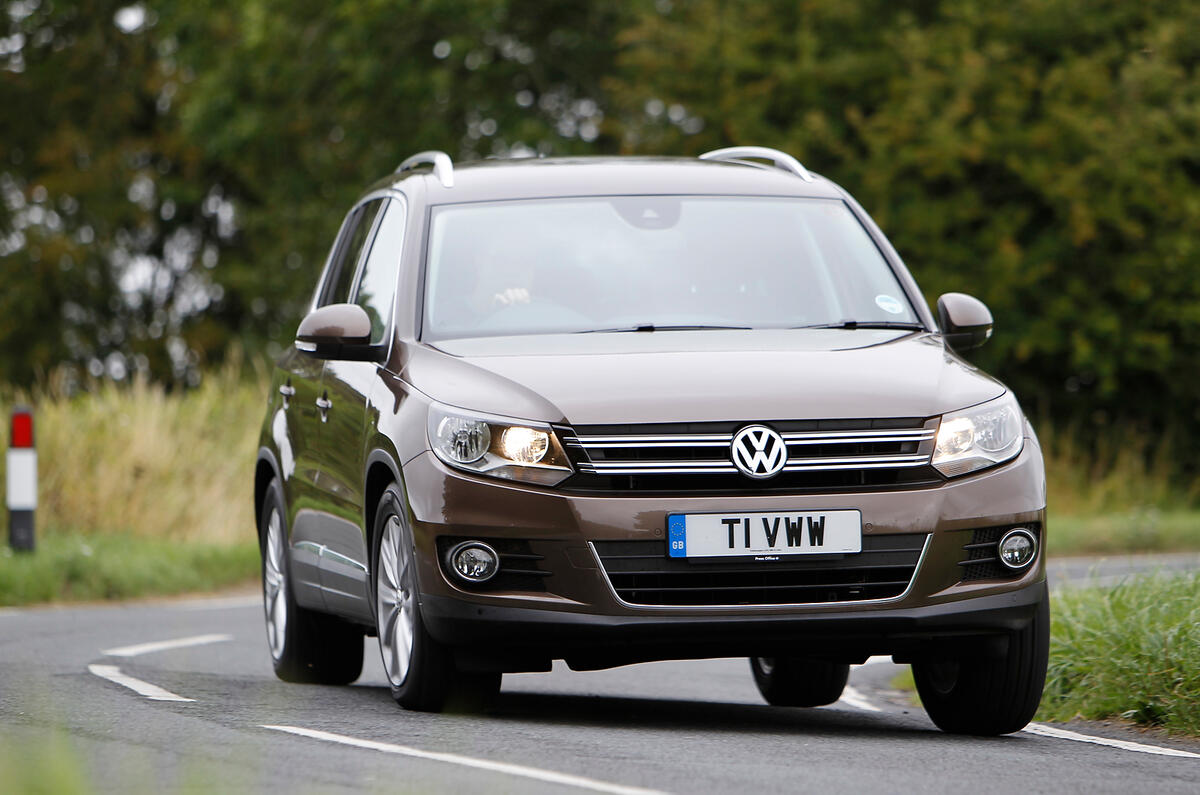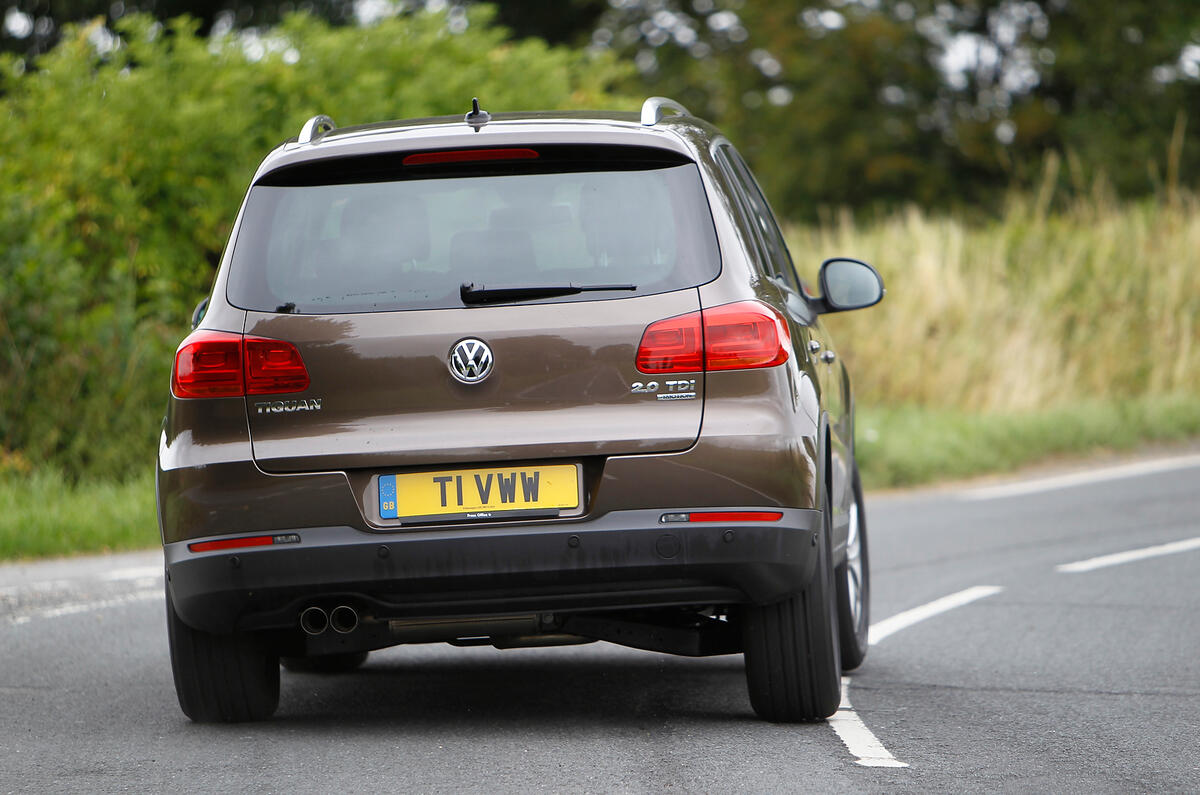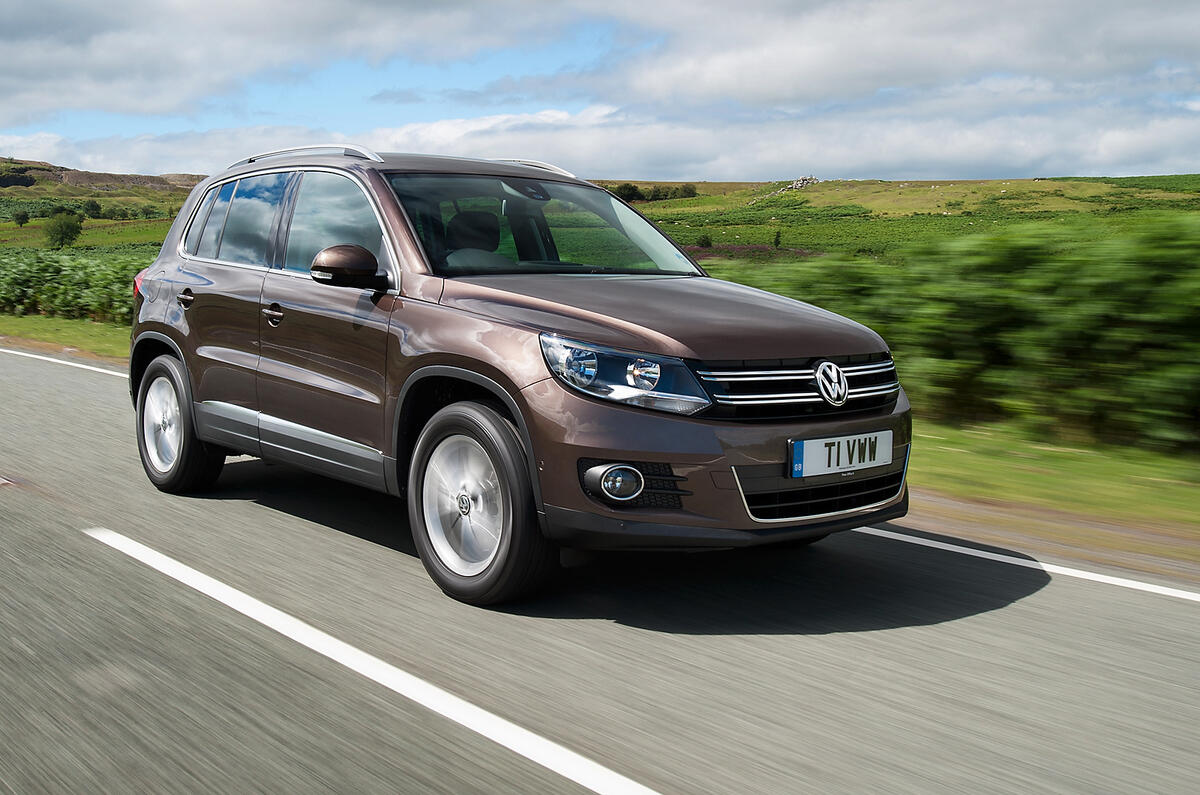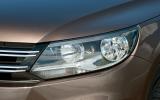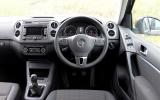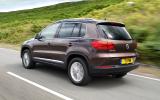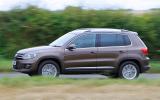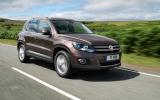Should anyone feel so minded one day to write the history of the compact SUV, that curious breed of car known more commonly and excruciatingly as the ‘soft-roader’, it’s hard to see the Volkswagen Tiguan making much of an impact on its pages.
The Volkswagen would do well to make it out the footnotes, while the original Toyota RAV4 or Range Rover Evoque might merit a chapter to themselves,.
It’s not because the Volkswagen Tiguan is a poor car, or unsuccessful. On the contrary after the staple Volkswagen Polo, Volkswagen Golf and Volkswagen Passat, VW sells more of them in the UK than any of its many other cars.
But it’s not exactly an extrovert, a car designed to get itself or, indeed, its occupants noticed. Like so many VWs over so many generations, its self-appointed role is to quietly and discreetly get on with the job and leave the posturing and posing to others.
But while that confers a certain pleasing honesty on the car, you have to question the relevance of the approach in the 21st century. It has long been known that this breed of car rarely ventures furthers from the tarmac than the nearest school playing field and that the real reason for their burgeoning popularity has little to do with how well they fit family life relative to, say, a conventional small estate and rather more with how their owners think such cars will help them be perceived by the neighbours.


